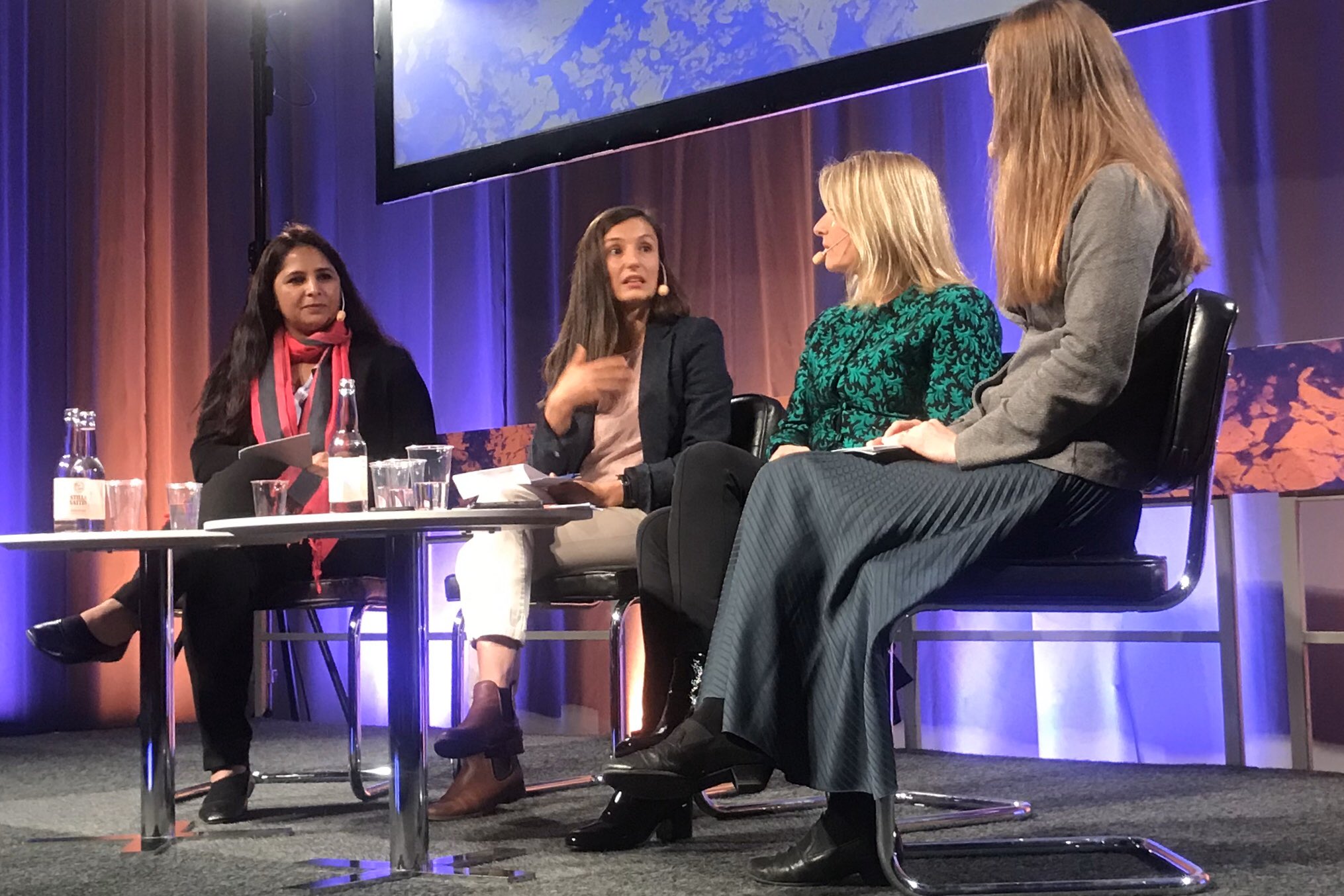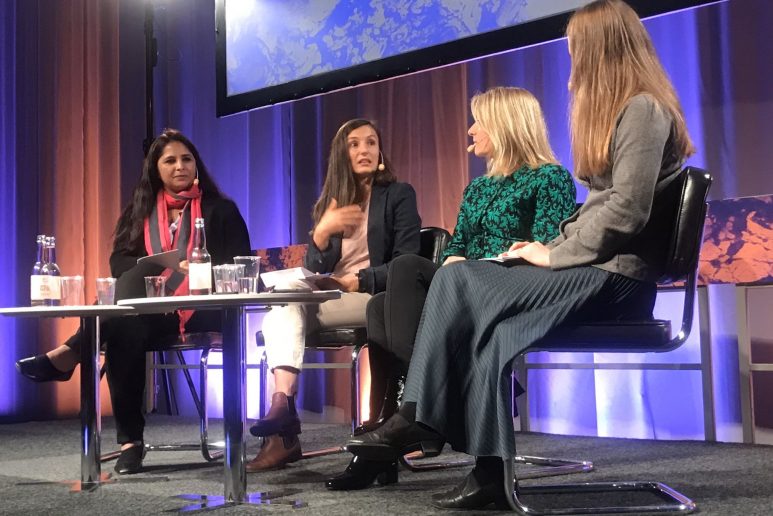Dates: 24 – 26 September 2019
Country: Sweden, Gothenburg

 At this year’s UNESCO Global Media and Information literacy conference, Media Diversity Institute (MDI) sent two of its representatives to contribute to the discussion and exchange of ideas and best practices at the event held on 24-26 September in Gothenburg, Sweden.
At this year’s UNESCO Global Media and Information literacy conference, Media Diversity Institute (MDI) sent two of its representatives to contribute to the discussion and exchange of ideas and best practices at the event held on 24-26 September in Gothenburg, Sweden.
“We at the Media Diversity Institute believe that media literacy is an essential skill for the 21st century,” said MDI Western Balkan Director Ivana Jelača. She pointed out that the critical analysis of the media, access to information and independent creation of the media content are crucial for securing media freedom in any society. At the UNESCO panel Jelača was joined by the most prominent media literacy experts such as professor Ulla Carlsson, UNESCO Chair on Freedom of Expression, Media Development and Global Policy who promoted her publication “Understanding Media and Information Literacy in the Digital Age”, Anette Novak from the Swedish Media Council and professor Anubhuti Yadav from the Indian Institute for Mass Communication. At this year’s Global MIL Conference, one of the most interesting debates was held around the topic of propaganda and disinformation. In front of the full conference room on the second day of UNESCO MIL Conference, MDI Senior Programme Manager Danica Dasha Ilic talked to the practitioners and experts in the field. Reaserachers from Seoul National University, Soeun Yang and Jae Woo Lee, Kari Kivinen, Head of the Lycée Franco-Finlandais d’Helsinki, Ronan Costello from Twitter and Namnandorj Bayaraa from the Mongolian NGO Remo Media, discussed the most useful tools, resources and techniques in countering disinformation, fake news and propaganda.
Korean researchers presented Trustme! – an educational game where the players make judgments about given information. Players look for misinformation such as fake news or manipulated information on the screen, then mark the evidence that convinces them that it is misinformation. The goal of Trustme! is to equip young people with the ability to detect misinformation by providing them with brief , yet clear explanations on what makes a piece of information unreliable after they have answered each item.
Head of the Finnish Secondary School talked about fact-checking techniques and experience of working with pupils on how to recognise fake news and disinformation. Kari Kivinen also presented “future voter literacy toolkit” that is compatible to the “European approach to tackle online dis-information” where European Commission communication “encourages independent fact-checkers and civil society organisations to provide educational material to schools and educators”.
In his presentation about the state of the Mongolian media, Namnandorj Bayaraa said that the penetration of the Internet in his the country is 70%, while 65% of the population is under 35. Talking about disinformation in Mongolia, Bayaraa gave an example of fake news related to the “opening of the Macdonald’s branch where new iPhones would be given away to the customers”. There was no Macdonald’s restaurants ever open in Mongolia, but according to the CEO of Remo Media, the citizens are bombarded on a daily basis with disinformation and fake news.
At the end of Disinformation and Propaganda panel moderated by MDI’s Dasha Ilic, Twitter’s Public Policy Manager Ronan Costello presented its new learning resource for media literacy educators. “Teaching and Learning with Twitter” was developed jointly by this tech company in UNESCO relying on their expertise in information, technology, media, and MIL to offer practical advice that informs pedagogical methods and outcomes.
Nenad Radoja
Contrary to popular belief, Lorem Ipsum is not simply random text. It has roots in a piece of classical Latin literature from 45 BC, making it over 2000 years old. Richard McClintock, a Latin professor at Hampden-Sydney College in Virginia, looked up one of the more obscure Latin words, consectetur, from a Lorem Ipsum passage, and going through the cites of the word in classical literature, discovered the undoubtable source.
